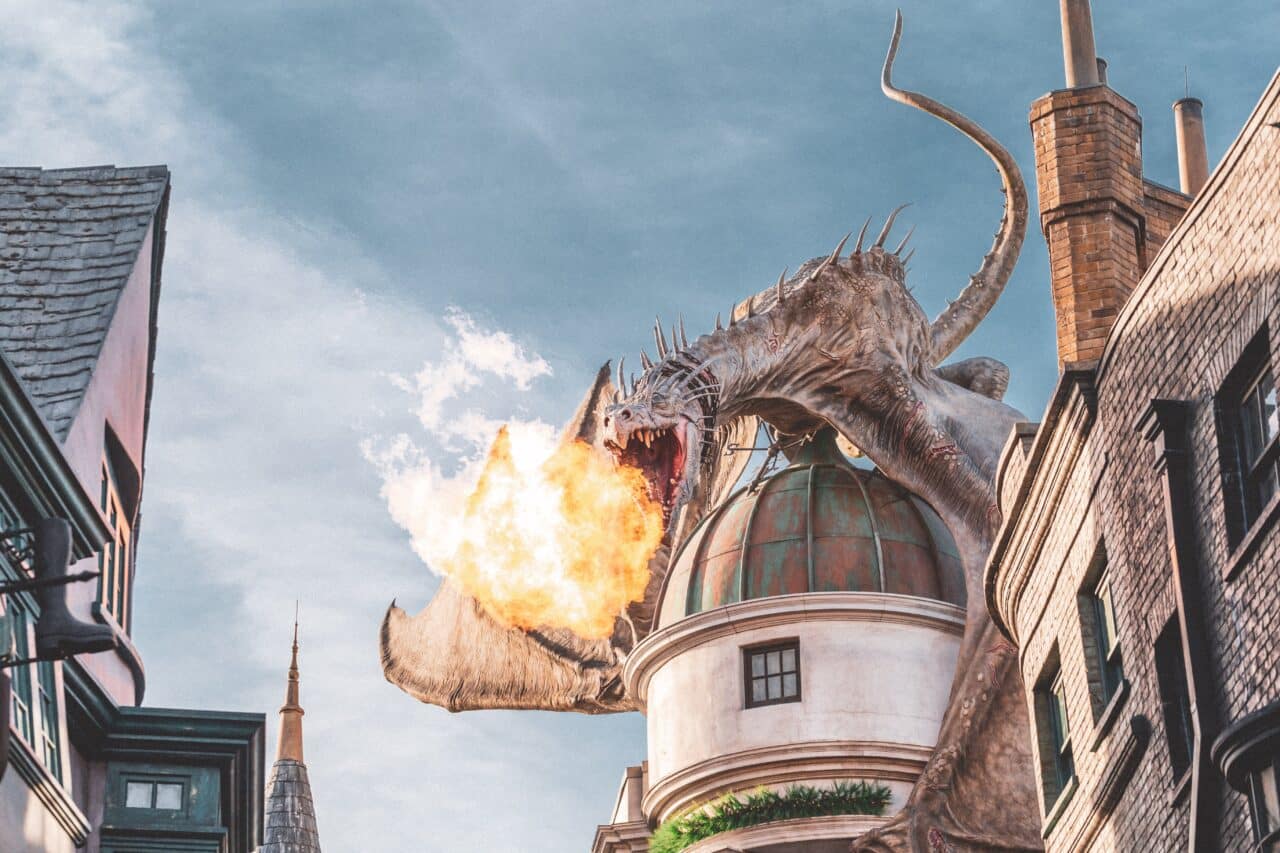
As a book reviewer and science fiction writer, I had read a lot of books. If you’re like me, you know that genres often overlap and intersect with each other. Recently, someone asked me if Harry Potter could be considered science fiction.
My answer to this was a resounding no, and today I’m going to tell you why. Both genres whisk us away to realms beyond our imagination. They have distinct characteristics that set them apart, as well as some surprising similarities.
Differences Between Sci-Fi & Fantasy
Science vs. Supernatural Elements
The cornerstone of science fiction is technological advancements and scientific concepts, often extrapolated from current understanding. Think of time traveling machines in H.G. Wells’ “The Time Machine.” Fantasy, on the other hand, leans heavily into supernatural elements and magic, like the wizarding world of “Harry Potter.”
Future-Oriented vs. Timeless Settings
Generally, sci-fi is set in the future or in space (like “Star Wars”), showcasing advanced technology or new worlds. Fantasy often dwells in timeless, mythical realms, or a version of the real world infused with magical elements, as seen in J.R.R. Tolkien’s “The Lord of the Rings.”
Plausible vs. Imaginative Logic
Science fiction, while imaginative, is often grounded in plausible science or theories. Fantasy, however, is not constrained by real-world physics or reality, giving rise to supernatural creatures and settings.
Similarities Between Sci-Fi & Fantasy
Exploration of Themes
Both genres delve into deep themes like good vs. evil, the nature of humanity, and societal issues, providing a mirror to our own world.
World-Building
Sci-fi and fantasy both require extensive world-building. Whether it’s creating an alien society or a medieval kingdom, the attention to detail is paramount in both genres.
Escapism
Both genres offer an escape from reality, allowing readers to immerse themselves in worlds vastly different from their own.

Leave a Reply